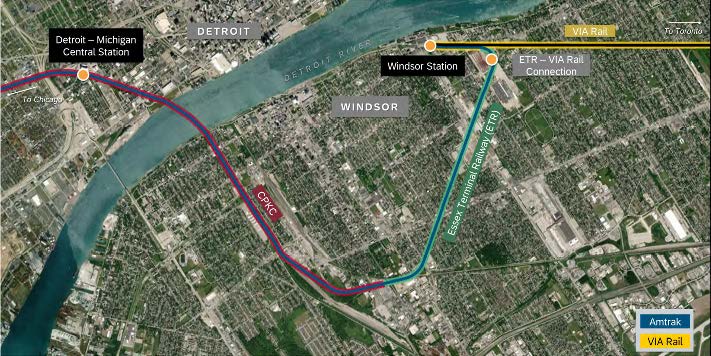crs1026
Superstar
Now there's a can o' worms that hasn't been tapped in a while.
I’m assuming that the relaxed schedule and expanded consultation and development process has resolved that - the curvy and intrusive Sharbot Lake routing only mattered when VIA was proposing the most minimalist construction envelope and trying to have the project done by, um, about now.
The proposed bypass of that stretch makes much more sense, and now that there is a willingness to take longer and spend more,. I am betting that all the proponents go that way for both the “basic” and “high end” proposals. But I could be wrong.
- Paul






